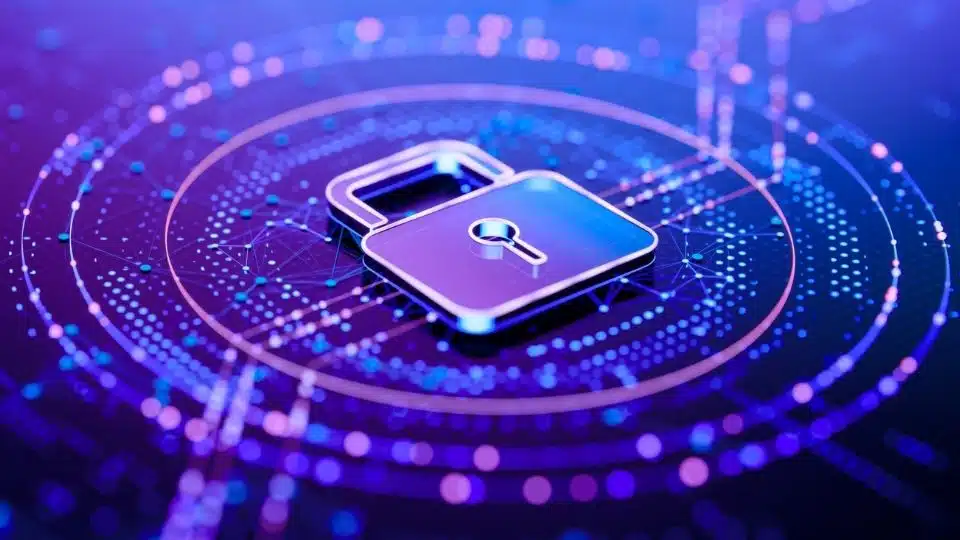Len Jacaruso, Partner, Columbus Consulting

ERP systems store critical business data (financials, HR records, customer details). Security breaches can lead to financial loss, compliance violations, and reputational damage. Businesses must proactively secure their ERP systems against cyber threats. In our digital economy, this has never been more important to not only protecting your business, but the rights and privacy of your employees and customers. Part of the assessment, selection and implementation of a new or enhanced ERP system should come with a plan on how to protect it from current and future threats. Having a chief security officer or a C-suite member who is assigned and well-versed in cyber security is a first step. Regarding the proactive protection of your ERP, however, needs to include some critical considerations and measures.
3 Key ERP Security Measures
1. User Access & Authentication
- Use Role-Based Access Control (RBAC) to restrict permissions.
- Require Multi-Factor Authentication (MFA) for added login security.
2. Data Protection & Encryption
- Encrypt data at rest (AES-256) and in transit (TLS/SSL).
- Regularly update and patch ERP software to fix security vulnerabilities.
3. Threat Monitoring & Compliance
- Implement real-time monitoring for suspicious activity.
- Ensure compliance with GDPR, HIPAA, SOX, or PCI-DSS, depending on industry.
- Conduct regular backups and test disaster recovery plans.
ERP security is essential for data integrity, compliance, and business continuity. Companies should audit their ERP security practices regularly, not just at implementation.
New threats arise regularly and security must be a part of the new business norm.

